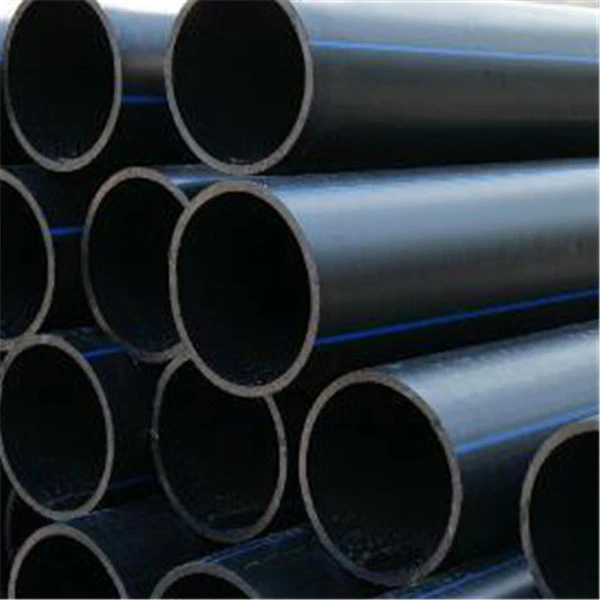Nov . 08, 2024 06:53 Back to list
Creating Engaging Presentations with PP Panel for Effective Communication
Understanding PP Panel A Comprehensive Overview
PP panel, also known as Polypropylene panel, is an innovative material that has garnered significant attention across various industries due to its unique properties and versatility. This article aims to delve into the characteristics, applications, and benefits of PP panels, providing a thorough understanding of this remarkable material.
What is PP Panel?
PP panels are made from polypropylene, a thermoplastic polymer that belongs to the polyolefin family. This material is known for its high chemical resistance, durability, and lightweight nature. PP panels can be produced in various forms including sheets, foams, and films, which makes them suitable for a multitude of applications. The manufacturing process typically involves extrusion or injection molding, both of which allow for the customization of panel thickness, size, and color.
Characteristics of PP Panels
One of the standout features of PP panels is their exceptional resistance to chemicals, making them ideal for use in environments where exposure to corrosive substances is a concern. They are also highly resistant to moisture, which helps prevent the growth of mold and mildew, making PP panels a popular choice in the construction and agricultural sectors.
Furthermore, PP panels boast impressive mechanical strength and flexibility, which contributes to their durability. They can withstand impact without shattering, a characteristic that is especially valuable in areas prone to accidents or heavy usage. Additionally, the lightweight nature of PP panels facilitates easy handling and installation, reducing labor costs and time.
Applications of PP Panels
The applications of PP panels are vast and varied. In the construction industry, they are frequently used for wall cladding, ceilings, and flooring due to their aesthetic appeal and functional qualities. PP panels can mimic the appearance of wood or stone while providing enhanced durability and ease of maintenance.
pp panel

In the agricultural sector, PP panels serve as an excellent solution for constructing greenhouses, animal shelters, and storage facilities. Their moisture-resistant properties help maintain optimal conditions for plant growth and protect livestock from harsh environmental factors.
Another significant application of PP panels is in the packaging industry. Their lightweight yet strong structure makes them ideal for creating protective packaging for goods. This not only reduces shipping costs but also minimizes the environmental impact due to reduced material usage.
In addition to these industries, PP panels are also utilized in medical and laboratory settings. Their chemical resistance and easy-to-clean surfaces make them suitable for creating sterile environments, ensuring safety and hygiene.
Benefits of Using PP Panels
The advantages of PP panels extend beyond their physical and chemical properties. One of the key benefits is their environmental impact. Polypropylene is recyclable, which means that PP panels can be repurposed at the end of their life cycle, contributing to sustainability efforts. This characteristic aligns with the growing emphasis on eco-friendly practices across industries.
Moreover, PP panels require minimal maintenance. Their resistance to stains, moisture, and chemicals translates to lower costs associated with cleaning and upkeep. This is particularly beneficial for businesses looking to reduce operational expenses over time.
The versatility of PP panels is another significant benefit. With the ability to customize size, thickness, and color, they can be tailored to fit a variety of design requirements. This adaptability ensures that architects, designers, and engineers can incorporate PP panels seamlessly into their projects.
Conclusion
In conclusion, PP panels represent a significant advancement in materials technology, offering numerous benefits across diverse industries. Their exceptional durability, chemical resistance, and lightweight nature make them an ideal choice for construction, agriculture, packaging, and medical applications, among others. As industries continue to prioritize sustainability and efficiency, the role of PP panels is likely to expand further, establishing them as a staple material for the future. Understanding and utilizing PP panels can lead to innovative solutions that meet modern demands while promoting environmental stewardship.
-
Premium PVC Soft Sheets: Clear, Flexible & Durable
NewsAug.12,2025
-
Premium PVC Round Rods: Durable, Chemical Resistant, Easy to Machine
NewsAug.11,2025
-
PP U-channel: Chemical-Resistant, Lightweight & Durable
NewsAug.10,2025
-
Transparent PVC Pipe: Clear Flexible Tubing for Fluids
NewsAug.09,2025
-
Durable PP Rigid Sheet: Versatile & High-Quality Plastic Panels
NewsAug.08,2025
-
Premium Glossy PP Rigid Sheet – Durable & Versatile
NewsAug.07,2025

